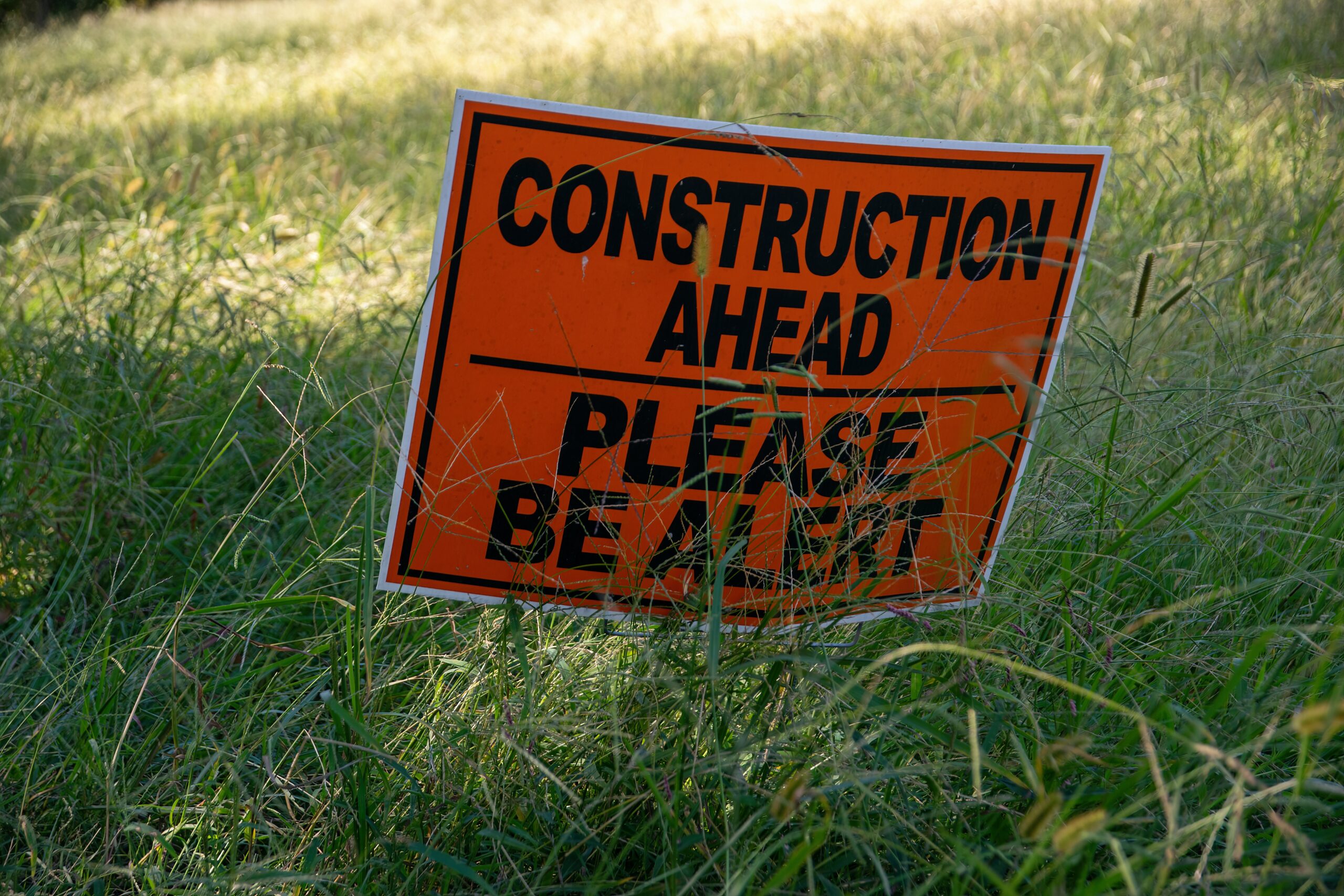Mayor Marianne Meed Ward has conceded that Burlington’s first attempt at a private tree bylaw “has not achieved the goal.” She made the comment at an Environment Committee meeting last week.
Aldershot resident Mike Morris had earlier warned the committee that the bylaw is a “fantastically complex system of permits, inspections, plans, reports, infractions, and breathtaking costs and fines.” His ward councillor, Kelvin Galbraith, agreed. “I don’t think we were really aware of how punitive it would be. I was concerned about it. I always was.”
The bylaw is only in its second year. It was designed to discourage private property owners from removing existing trees by requiring them to get city permits. The cost of the permits and the complexity of the rules have, however, proven to be a constant source of complaints.
Now, the expense of administering the bylaw has become part of the problem. Originally supposed to have zero impact on the tax base, council eventually hired five staff to administer the bylaw and accepted that taxpayers would have to pick up 30% of the cost. It hasn’t worked out that way. Staff are reporting that, unless something changes, taxpayers will actually have to pick up 70% of the $583,500 annual cost. Permit fees are just not sufficient.
The Environment Committee considered a staff report suggesting that the current permit fee structure could be changed to bring in more permit revenue. Some people wanting to cut down trees on their own property would have to pay even more. While raising the fees would in fact maintain the 30% level of taxpayer support, councillors are still getting complaints that the current fees are too high. Any increase could be problematic.
In addition to the staff report, which was not well received, Councillor Paul Sharman submitted a memo condemning the private tree bylaw as “overly complex and inefficient.” He did not accept staff’s position that the bylaw is based on best practices, including the frequently cited Oakville example. “We kept looking at Oakville where they have these horribly complex, punitive processes. I can’t even begin to describe what a certain mayor said to me when he described his tree bylaw. It was not polite.”
In his memo, Sharman asked the committee to send the private tree bylaw back to staff, for a second time, to make it simple, better and less costly. Eventually the committee agreed to direct staff to take another look at it.
Mayor Meed Ward, who has long advocated for the tree bylaw, summarized the ongoing concerns about its complexity and costs.
“First and foremost, let’s streamline. It’s a complicated process. It takes an enormous amount of staff time to administer…it hasn’t prevented a lot of trees from coming down. I think a simple online process, akin to getting a dog licence, might be helpful, something that’s easy to understand. You shouldn’t need to have a calculus degree to calculate the fees…I personally never intended this to be financially destructive or punitive.”




